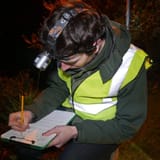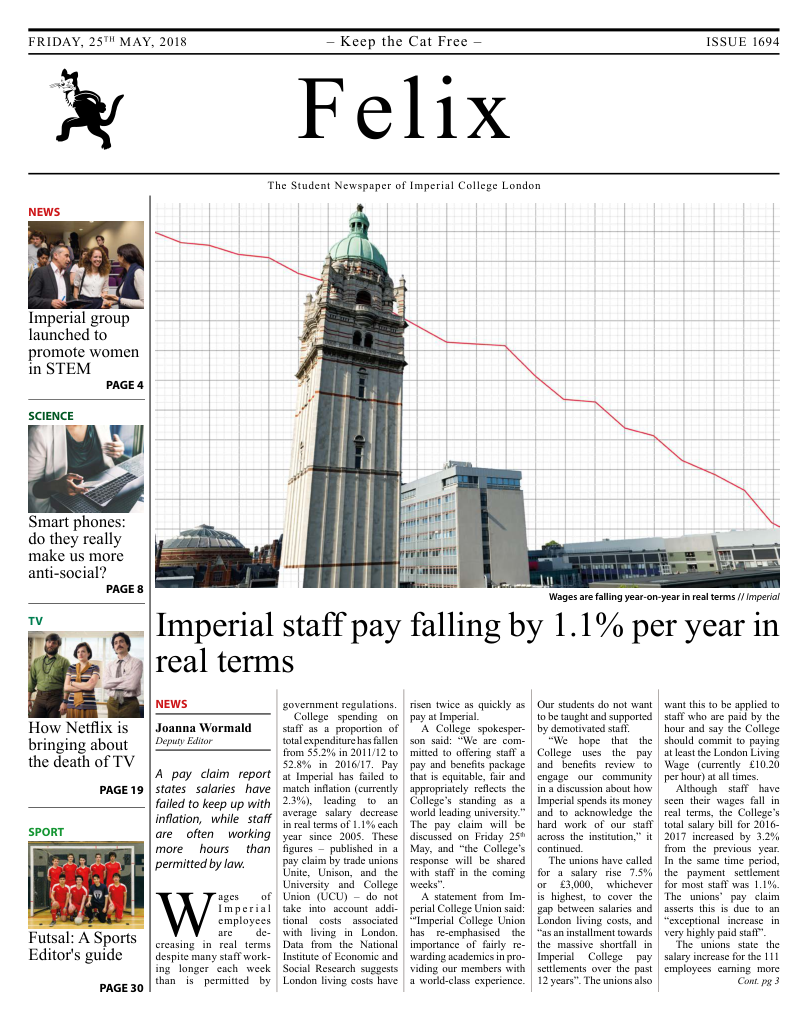Connect with Conservation: Malta bird massacre
Steve Allain, our resident conservationist, turns his attention to the threats to songbirds.

If there is one group of birds you have probably noticed declining in the British countryside over the past few years, it is the songbirds. Songbirds are a large group of birds, which, as their name suggests, like to sing, filling the landscapes they inhabit with the beautiful sound of bird songs. There is a number of reasons for their decline in recent times, such as the loss of habitats and the use of pesticides, which has reduced the amount of prey available in an area. One factor which you may not be aware of, however, is that of hunting. Every spring and autumn on the islands of Malta there is a hunt, in which thousands of migrating birds are shot over the Mediterranean islands. This is not the only place where songbirds are at risk: a large number of species have disappeared from the wild in south-east Asia, where birds have been collected to supply the pet trade.
Between spring and autumn, thousands of birds migrate between Europe and their wintering grounds in Africa. The Maltese Islands are a vital point in each bird’s journey, acting as a stop-over point, where they can gather food and water; as well as the chance to rest, before or after facing the seemingly impossible task of crossing the Sahara Desert. Malta opens a hunting season targeting birds en route to (or from) their breeding grounds, at a time when they are most vulnerable. Among the birds that are targeted are species rapidly disappearing in the UK – such as the Turtle Dove – but also birds of prey such as the Marsh Harrier. Despite the fact that rare species are protected in the Maltese Islands, many are illegally shot each year during the hunting seasons.
Recently, Springwatch presenter and avid naturalist Chris Packham was detained by police for trying to learn more about the hunts whilst filming a documentary on the subject. After an altercation whilst filming an interview, Packham was detained for more than three hours at a police station, before being later charged. Despite the fact that the aggressors in the scenario were breaking the law by keeping caged birds, the police sided with them. This obviously highlights a significant underlying issue, one that will be a tough to deal with, as this requires changing the behaviour and lifestyles of not only the hunters, but also the local police to ensure wildlife protection laws are enforced properly. The only way to help prevent this in the future is to put our foot down and let the Maltese government know that it is unacceptable to carry on like this, both as a nation and as an international community.









